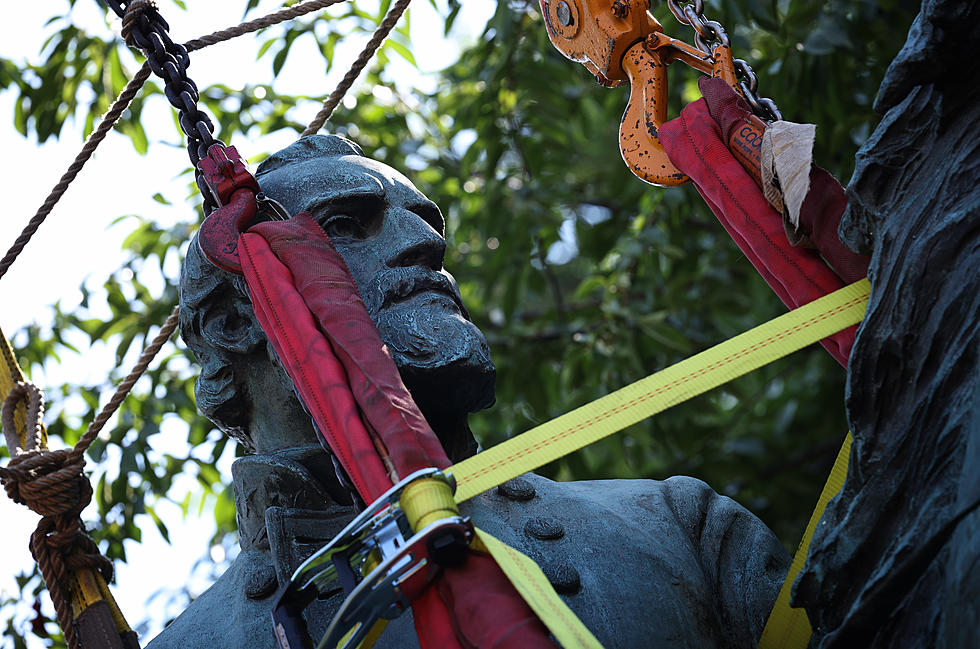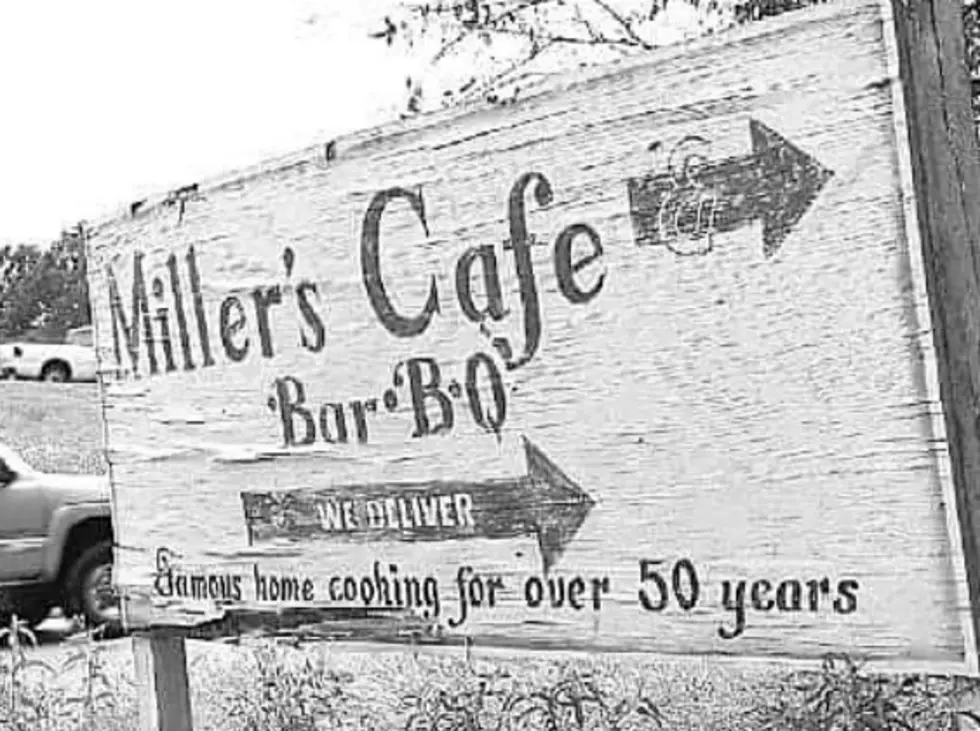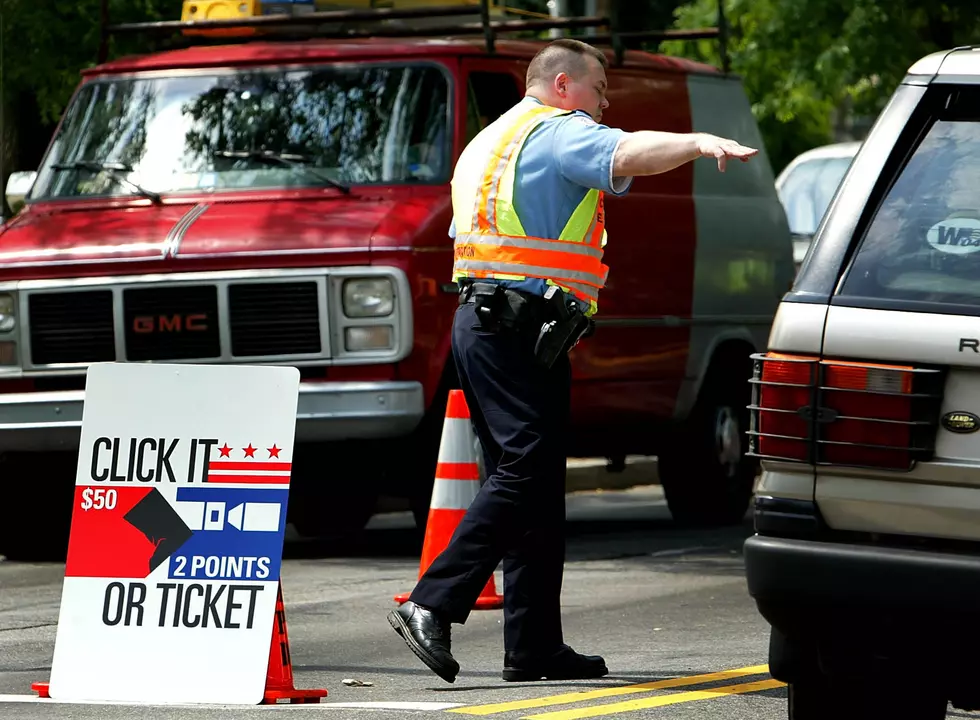
City Of Lafayette Removes Confederate General Statue
The statue of Confederate Gen. Alfred Mouton, located on the corner of Jefferson Street and Lee Avenue in Lafayette, La. was taken down on Saturday (July 17.) The Generals full name was Jean-Jacques-Alfred-Alexandre Mouton and he was killed at the Battle of Mansfield, leading his men in a cavalry charge in 1864. Mouton owned 120 slaves, which was more than anyone else in the parish except his brother. His father was Alexandre Mouton, a senator and the 11th governor of Louisiana.
The statue of Mouton and others like it, are a continuous reminder of racial hatred and segregation from the Jim Crow-era of white supremacy in the south. This is the very reason why these monuments are being removed from public locations. Lafayette Mayor-President Josh Guillory said Saturday. "This is an historic day for Lafayette," He continued. "This is a day that starts the process of healing for our community. We didn't have mobs of people that took a chain or a rope to tear down the statue. It's not who we are. It's not Lafayette." KLFY reports the statue will be relocated, but it is unclear as to exactly to where the new location is.
The Alfred Mouton statue was donated to the city in 1922 by the Lafayette chapter of the United Daughters of the Confederacy 100 years ago. A local grassroots organization, Move the Mindset, committed to promoting racial and social justice was instrumental in having the statue moved. The city of Lafayette supported these efforts and joined in a legal battle last year to have the statue relocated. The trial to decide that matter was set to begin July 26, but the dispute was settle out of court. The United Daughters of the Confederacy signed an agreement to move the statue, and the city agreed to put up $20,000 to pay for a new base.
LOOK: Here are the biggest HBCUs in America
More From 107 JAMZ









